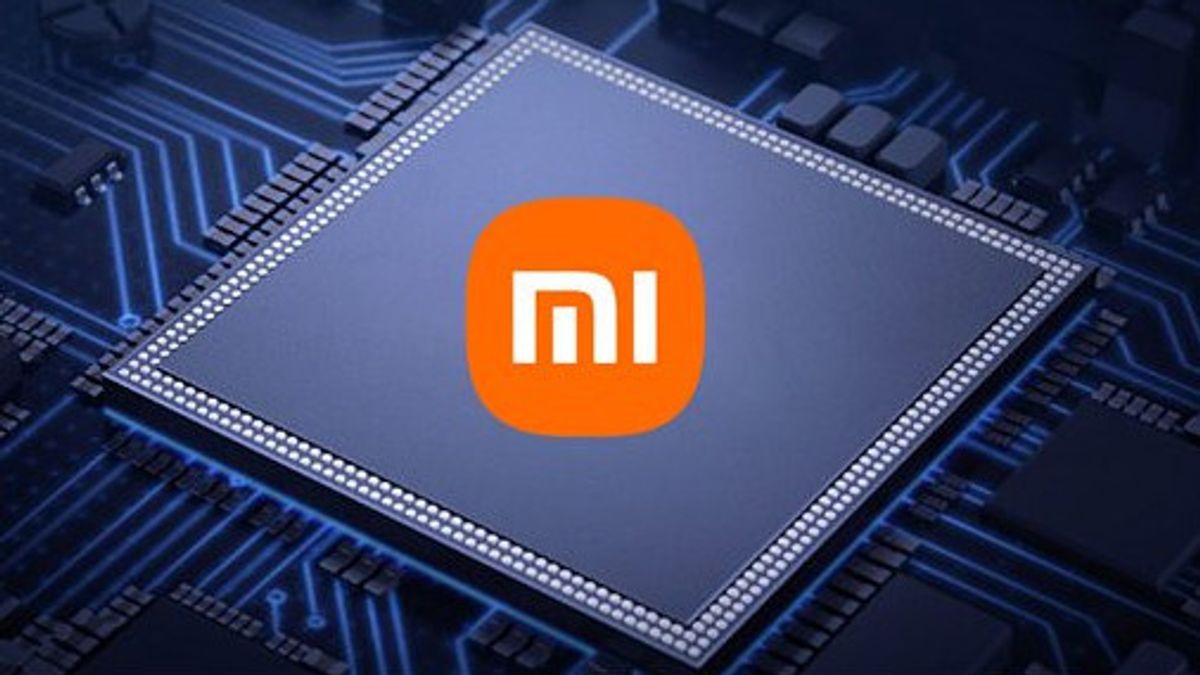JAKARTA - Xiaomi is reportedly developing a custom smartphone chipset that is rumored to be equivalent to flagship chip performance from 2022. This chipset is expected to be announced in the first half of 2025, signaling Xiaomi's return to the custom chipset arena after similar efforts were abandoned in 2018.
Currently, Apple, Samsung, and HUAWEI are the only smartphone makers offering a fully custom processor. While Google also presents Tensor semi-custom chips through partnerships with Samsung. If these rumors are true, Xiaomi will join this exclusive club, adding to the variety of chipset options in the smartphone industry.
According to information shared by leaker Yogesh Brar, the new Xiaomi chipset is thought to be based on the second generation 4nm process of TSMC (N4P) and has a performance equivalent to Snapdragon 8 Gen 1 which was launched in 2022. Although this chipset is expected to still be behind the current flagship chip in terms of performance, it still shows Xiaomi's ambitious steps in developing custom technology.
SEE ALSO:
Brar also mentioned that Chinese chipset manufacturer Unisoc will provide 5G modems for this chipset. This indicates the growing potential for domestic cooperation amid tensions between China and the US. Developing a custom chipset can provide strategic benefits for Xiaomi if one day the company is cut off from suppliers such as Qualcomm and MediaTek, especially given the sanctions it has imposed on other Chinese technology companies.
Xiaomi is not a newcomer to the custom chipset world. In 2017, the company launched the Surge S1 chip used on Mi 5C phones. However, efforts to develop its successor processor were abandoned before it could be officially announced. Since then, Xiaomi has been more focused on developing small chips that function for power management/battery, charging and imaging technologies, which were discovered in their recent Android flagship phones.
With a geopolitical situation full of challenges, it could be the right time for Xiaomi to re-develop custom chipsets. This move also has the potential to strengthen Xiaomi's position in the global tech market, especially if they succeed in creating innovations in the areas of cameras, AI, multimedia, and others through this new chipset.
The English, Chinese, Japanese, Arabic, and French versions are automatically generated by the AI. So there may still be inaccuracies in translating, please always see Indonesian as our main language. (system supported by DigitalSiber.id)


















